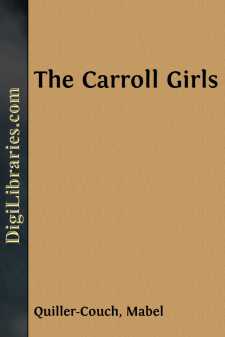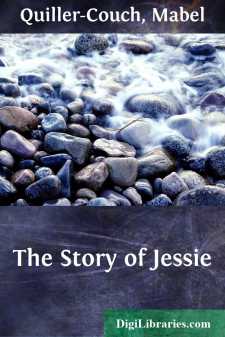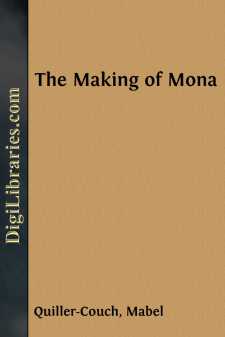Categories
- Antiques & Collectibles 13
- Architecture 36
- Art 48
- Bibles 22
- Biography & Autobiography 813
- Body, Mind & Spirit 142
- Business & Economics 28
- Children's Books 17
- Children's Fiction 14
- Computers 4
- Cooking 94
- Crafts & Hobbies 4
- Drama 346
- Education 46
- Family & Relationships 57
- Fiction 11829
- Games 19
- Gardening 17
- Health & Fitness 34
- History 1377
- House & Home 1
- Humor 147
- Juvenile Fiction 1873
- Juvenile Nonfiction 202
- Language Arts & Disciplines 88
- Law 16
- Literary Collections 686
- Literary Criticism 179
- Mathematics 13
- Medical 41
- Music 40
- Nature 179
- Non-Classifiable 1768
- Performing Arts 7
- Periodicals 1453
- Philosophy 64
- Photography 2
- Poetry 896
- Political Science 203
- Psychology 42
- Reference 154
- Religion 513
- Science 126
- Self-Help 84
- Social Science 81
- Sports & Recreation 34
- Study Aids 3
- Technology & Engineering 59
- Transportation 23
- Travel 463
- True Crime 29
Paul the Courageous
Description:
Excerpt
CHAPTER I.
A DISAPPOINTMENT.
Slewbury was a very fine town in its way; a little quiet and sleepy perhaps, as country towns often are, but it was large and handsome, and beautifully situated on the side of a steep hill. It had a grand market-place, a large town-hall where concerts were often given, and some well-kept public gardens, of all of which the Slewbury people were very proud, and justly so.
But then, as Paul Anketell and his friends often remarked, "What was there for boys?" There was absolutely nothing. No river, no sea, no mountains, or anything. All there was for them in the way of amusement was to go for walks and pick flowers, and wander about a field or two. Certainly one could climb a tree, and whittle sticks or make whistles, but one could not be doing that all the time. No, Paul had long since come to the conclusion that Slewbury was a miserable place in which to live; he hated it; and he could not understand why his father had ever settled there.
When he was a man, he declared over and over again to Stella and Michael, he would have a house close to a river, a mountain, and the sea, then he would have boats and rods, and a sailing boat, so that he would never be hard up for something to do. To a great extent Paul was right; Slewbury was a dull, sleepy and prim old town, but boys ought to be able to make amusements for themselves anywhere; they should have resources within themselves. Paul had loads of toys, and books, and tools, and a nice large garden to play in when the weather was fine. But he was a restless boy, full of longing for adventure and travel, and new sights, and sounds, and experiences, and the happiest time of the whole year to him was the summer holiday when all the family went away to the sea, or to some beautiful spot amongst the mountains.
True, the sea had always been the English sea—at least it had come to them at an English seaside town—and the mountains had been either Welsh or Scotch mountains, but the three little Anketells were true British children and were quite sure there could be no more beautiful mountains or coasts anywhere in the world.
As soon as the Christmas holidays were over and school work had set in, the children began to think of where they should go when the summer holidays came, and what they would do, and many and many a discussion they had as to their favourite spots, and whether they should go to an old favourite, or try a new one. Plans were made, toys collected, and boxes packed long before the happy day came, but it all added to the pleasure and excitement and importance of the long-looked-forward-to event.
But dearly as they loved their own country, they had no objection to going further afield, and when one day Mr. Anketell suggested that that year they should spend their holiday in Norway, their excitement knew no bounds. All previous travels and expeditions seemed to sink into insignificance beside this. To be actually going to live, and sleep, and eat, on board a real steamer, and to cross the sea to another land seemed to them a splendid outlook....









